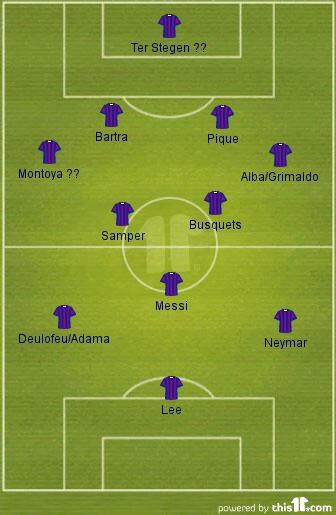The leading case involving Article 19 involved Paraguayan player Carlos Javier Acuña Caballero. In 2005, Caballero signed a contract with Spanish club Cádiz at the age of 16 from Club Olympia de Paraguay. In order for the player to be validly registered, the Spanish Football Association asked the Paraguayan Football Association to issue an International Transfer Certificate (See Article 9 of FIFA’s Regulations on the Status and Transfer of Players). However, the Paraguayan Football Association refused to issue an International Transfer Certificate due to non-compliance with Article 19 and so the transfer could not be completed. The Spanish Football Association, at Cadiz’s request, subsequently appealed to FIFA’s Players’ Status Committee relying upon the exception laid down in Article 19 Paragraph 2(a). Interestingly, Caballero’s mother signed an employment contract with a restaurant in Spain a week after the player’s contract with Cadiz was agreed. The family were apparently in a very difficult financial situation and so intended to move to Spain “for reasons not linked to football.” The Players’ Status Committee were not satisfied with this account and effectively concluded that the mother had only moved to Spain as a result of her son’s transfer to Cadiz, thus the exception under Article 19 Paragraph 2(a) did not apply.
Following FIFA’s refusal to register Caballero, Cádiz filed an appeal with the Court of Arbitration of Sport (“CAS”). After considering the evidence, CAS followed the decision of FIFA’s Players’ Status Committee and concluded that the mother’s decision to move to Spain was directly linked to the contract Caballero signed with Cadiz. CAS also held that Article 19 was valid as it was proportionate and pursued a legitimate objective. The appeal was, therefore, dismissed and it became the first transfer of a minor rejected under Article 19. (See Càdiz C.F. & Caballero v/FIFA & Asociación Paraguaya de Fútbol CAS 2005/A/955 & CAS 2005/A/956)




